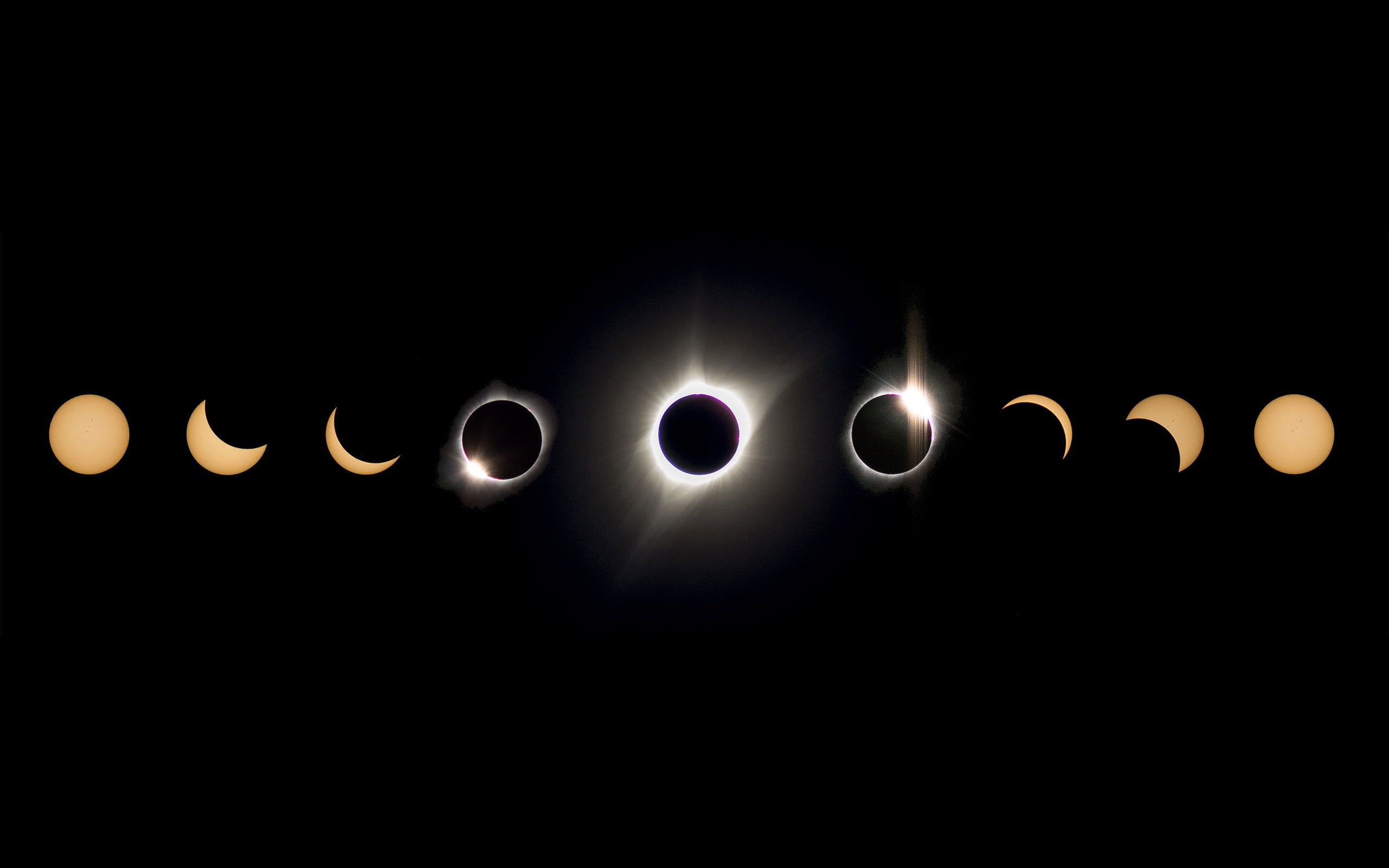Moon Phases Activities: Engaging Ways to Explore Lunar Cycles
Understanding the phases of the Moon is essential for grasping celestial mechanics and timekeeping. The lunar cycle influences tides, agriculture, and even cultural traditions. Engaging in hands-on Moon phase activities enhances comprehension, making learning both fun and interactive. This article explores various activities designed to help students and enthusiasts understand the lunar phases through models, simulations, and creative projects.
Summary
- Moon Models: Use Styrofoam balls and lamps to simulate the Moon’s orbit and understand how different angles create its phases.(NASA)
- Lunar Phase Storyboard: Draw diagrams depicting the Moon’s phases in sequence to reinforce understanding of the cycle.
- Oreo Cookie Moon Phases: Use Oreo cookies to replicate each lunar phase by scraping away portions of the filling.
- Moon Observation Journal: Track the Moon’s appearance daily for a month to document changes in its phases. (NASA Moon Observation)
- Virtual Reality Simulations: Use VR to explore Moon phases in a dynamic, immersive way. (arXiv)
- Moon Phase Art Projects: Create artistic representations of the Moon’s phases using different materials.
- Interactive Online Simulations: Use digital tools to model and manipulate Moon phases. (Stanford Solar Center)
- Moon Phase Wheel Dial: Create a rotating wheel displaying the Moon’s phases for hands-on learning.
- Styrofoam Ball and Lamp Demonstration: Use a Styrofoam ball and light source to simulate the phases of the Moon. (NASA)
- Moon Phase Calendar Creation: Develop a calendar tracking the Moon’s phases over a month.(NASA Moon)
- Moon Phase Mobile Craft: Create a hanging mobile displaying all lunar phases.
- Lunar Phases with Flashlight and Balls: Shine a flashlight on a ball to simulate the Moon’s shadow patterns.
- Moon Phase Puzzle: Arrange puzzle pieces to form the correct sequence of lunar phases. (Stanford Solar Center)
- Edible Moon Phase Models: Use food items to replicate lunar phases in an edible format.
- Moon Phase Dance: Use movement to represent different lunar phases in an interactive way.
Understanding the Lunar Cycle
The lunar cycle lasts about 29.5 days, during which the Moon transitions through different phases due to its changing position relative to Earth and the Sun.
The Eight Moon Phases
| Phase | Description |
|---|---|
| New Moon | The Moon is between the Earth and Sun, making it invisible. |
| Waxing Crescent | A small illuminated portion appears, growing larger each night. |
| First Quarter | Half of the Moon is visible, resembling a half-circle. |
| Waxing Gibbous | More than half of the Moon is illuminated but not yet full. |
| Full Moon | The Moon appears fully illuminated. |
| Waning Gibbous | The illumination starts decreasing. |
| Last Quarter | The other half of the Moon is now visible. |
| Waning Crescent | Only a small sliver of the Moon is visible before returning to the new moon. |
Understanding these phases helps in tracking tides, agricultural planning, and various cultural events.
Engaging Moon Phase Activities
Moon Phase Models
Creating a Moon model is one of the most effective ways to understand lunar phases. Using simple materials, learners can simulate the Moon-Earth-Sun system.
Materials Needed:
- Styrofoam ball
- Pencil or stick
- Lamp (light source)
Procedure:
- Insert the pencil into the Styrofoam ball to act as a handle.
- Stand in a dark room with the lamp as the Sun.
- Hold the Moon model at arm’s length and rotate to observe different shadows forming.
This activity visually demonstrates how sunlight creates Moon phases.

Fact: Why Do We Always See the Same Side of the Moon?
The Moon is tidally locked to Earth, meaning the same side always faces us. This happens because the Moon’s rotation period matches its orbital period around Earth.
Creative Moon Phase Activities
Oreo Cookie Moon Phases
One of the most engaging Moon phase activities is using Oreo cookies.
Materials Needed:
- Oreo cookies
- Plastic knife
Procedure:
- Twist an Oreo apart to expose the white cream.
- Use a plastic knife to shape different amounts of cream to match lunar phases.
- Arrange the cookies in order from New Moon to Full Moon.
This fun and delicious activity makes learning memorable.
Lunar Observation Journal
Keeping a Moon journal over a lunar month helps track changes in its phases.
Steps:
- Look at the Moon each night at the same time.
- Sketch its shape and note any visible details.
- Compare observations over the month.
This hands-on approach improves observational skills.
Moon Phases and Their Impact on Earth
The lunar cycle influences various natural and cultural activities, such as:
| Aspect | Impact |
|---|---|
| Tides | The gravitational pull of the Moon causes ocean tides. |
| Farming | Farmers historically used Moon phases for planting. |
| Festivals | Many cultures time celebrations with the full Moon. |
| Animal Behavior | Some animals use the Moon for navigation. |
The Moon’s influence extends beyond astronomy, affecting daily life on Earth.
Learning about Moon phases through interactive activities makes astronomy engaging and accessible. Whether using models, food, or observation journals, these activities help learners connect with the cosmos in meaningful ways.